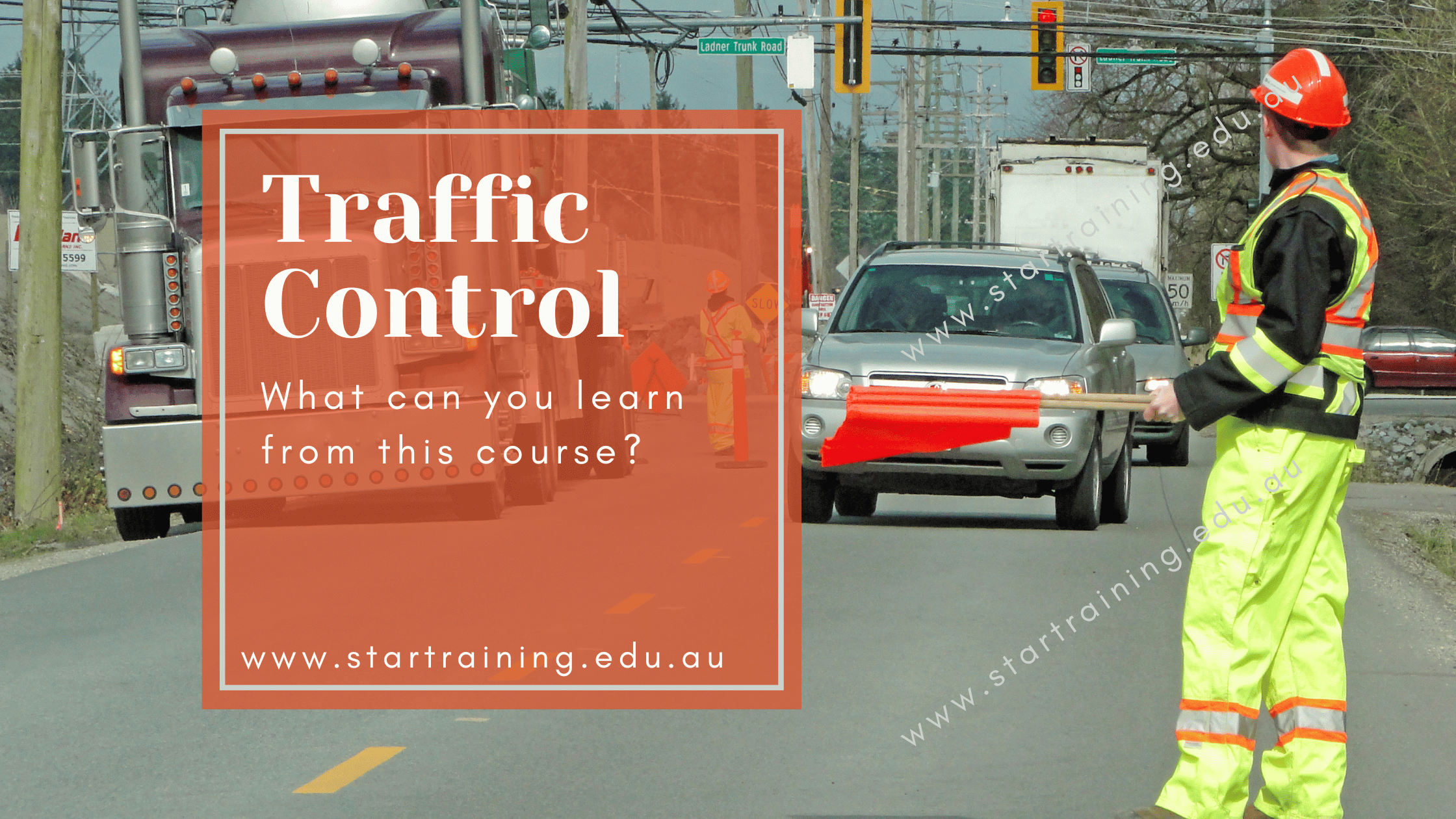Are you looking for reliable and effective first aid training in Liverpool? Whether you are a parent, caregiver, or a professional in the healthcare industry, knowing how to administer first aid is a vital life skill that can save lives. In this comprehensive guide, we will discuss everything you need to know about first aid training in Liverpool, including:
1. Why is First Aid Training important?
First aid is the initial care given to a person who has suffered an injury or sudden illness before professional medical help arrives. It is a crucial skill that can save lives and reduce the severity of an injury or illness. First aid training equips individuals with the knowledge and skills required to provide immediate assistance to someone in need.
2. What are the benefits of First Aid Training?
There are several benefits of first aid training, including:
- Saves lives: Knowing how to perform first aid can mean the difference between life and death in an emergency situation.
- Reduces the severity of injuries: Administering proper first aid can prevent an injury from becoming worse and reduce the risk of long-term complications.
- Promotes recovery: First aid can help stabilize a patient until professional medical help arrives, increasing their chances of recovery.
- Boosts confidence: Learning first aid can give individuals the confidence to handle emergencies and help others in need.
- Meets legal requirements: Certain professions, such as healthcare and childcare, require individuals to have a valid first aid certification.
3. What does First Aid Training involve?
First aid training covers a wide range of topics, including:
3.1 CPR and AED Training
Cardiopulmonary Resuscitation (CPR) is a life-saving technique used to restore breathing and circulation to a person who has suffered a cardiac arrest. Automated External Defibrillators (AEDs) are also used in conjunction with CPR to help restore normal heart rhythm. First aid courses typically cover CPR and AED training.
3.2 Bleeding and Wound Care
First aid training teaches individuals how to control bleeding and provide proper wound care. This includes cleaning the wound, applying pressure to stop bleeding, and dressing the wound to prevent infection.
3.3 Burns and Scalds
Burns and scalds can be painful and require immediate first aid. First aid courses cover the different types of burns and scalds, as well as how to provide first aid and prevent infection.
3.4 Fractures and Dislocations
Fractures and dislocations can be serious injuries that require immediate first aid. First aid courses teach individuals how to provide first aid for these injuries, including immobilizing
3.5 Choking and Airway Obstruction
Choking and airway obstruction can be life-threatening emergencies. First aid courses cover how to recognize and respond to these emergencies, including performing the Heimlich maneuver and clearing the airway obstruction.
3.6 Poisoning and Allergic Reactions
Poisoning and allergic reactions can cause severe reactions and require immediate first aid. First aid courses teach individuals how to recognize and respond to these emergencies, including administering medications like epinephrine and performing CPR.
4. Who should attend First Aid Training?
First aid training is beneficial for everyone, regardless of their profession or background. Anyone who wants to learn how to provide immediate assistance in an emergency situation should attend first aid training. This includes parents, caregivers, teachers, healthcare professionals, and members of the public.
5. Where can you find First Aid Training in Liverpool?
There are several places where you can find first aid training in Liverpool, including:
5.1 Public Health Institutions
Public health institutions such as hospitals and health clinics may offer first aid training courses. These courses may be free or offered at a reduced cost, and may be specific to certain populations or professions.
5.2 Private Training Providers
Private training providers offer first aid training courses for individuals and organizations. These courses may be more flexible and customizable than those offered by public health institutions, but may also be more expensive.
6. How to choose the right First Aid Training course?
When choosing a first aid training course, consider the following factors:
6.1 Accreditation and Certification
Ensure that the training provider is accredited and that the course meets the necessary certification requirements.
6.2 Course Content and Duration
Choose a course that covers the topics you are interested in and that fits your schedule.
6.3 Training Methodology
Choose a course that uses a combination of theoretical and practical training methods to ensure that you can apply the skills you learn in real-life situations.
6.4 Cost
Compare the cost of different courses and choose one that fits your budget.
7. What to expect during a First Aid Training course?
During a first aid training course, you can expect to learn both theoretical and practical skills related to first aid. You will likely learn about different medical emergencies and how to respond to them, as well as how to use different first aid equipment and supplies.
8. How to maintain your First Aid skills?
It is important to maintain your first aid skills by attending refresher courses and practicing the skills you learn regularly. This can help ensure that you are prepared to respond to emergencies if they arise.
9. Conclusion
First aid training is a vital skill that can save lives and reduce the severity of injuries and illnesses. Whether you are a parent, caregiver, or healthcare professional, knowing how to administer first aid is essential. By attending a first aid training course, you can equip yourself with the knowledge and skills necessary to provide immediate assistance in an emergency situation.
10. FAQs
-
Do I need any prior medical knowledge to attend a first aid training course?
No, you do not need any prior medical knowledge to attend a first aid training course.
-
How long does a typical first aid training course last?
The duration of a first aid training course varies, but most courses are between 4-8 hours long.
-
Will I receive a certification after completing a first aid training course?
Yes, most first aid training courses offer a certification upon completion.
-
How often should I attend refresher courses to maintain my first aid skills?
It is recommended to attend refresher courses every 1-3 years to maintain your first aid skills.
-
Can I perform first aid on a stranger?
Yes, you can perform first aid on a stranger if they require immediate assistance in an emergency situation.
-
Is it possible to learn first aid online?
Yes, it is possible to learn first aid online through virtual courses and training modules. However, it is important to ensure that the online training is accredited and meets the necessary certification requirements.
-
Can children attend first aid training courses?
Yes, children can attend first aid training courses specifically designed for their age group and skill level. It is important to choose a course that is appropriate for their age and development.
-
What is the most important thing to remember when providing first aid?
The most important thing to remember when providing first aid is to remain calm and assess the situation before taking action. By remaining calm and level-headed, you can provide effective assistance and potentially save a life.




